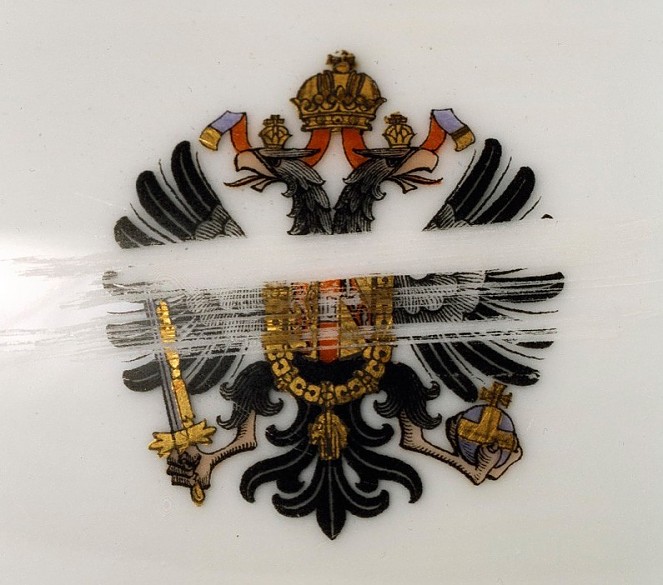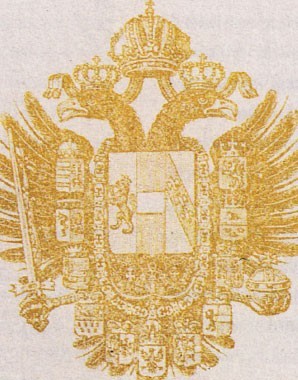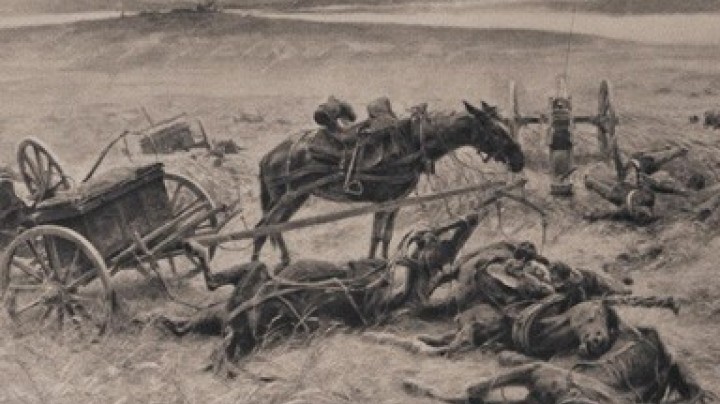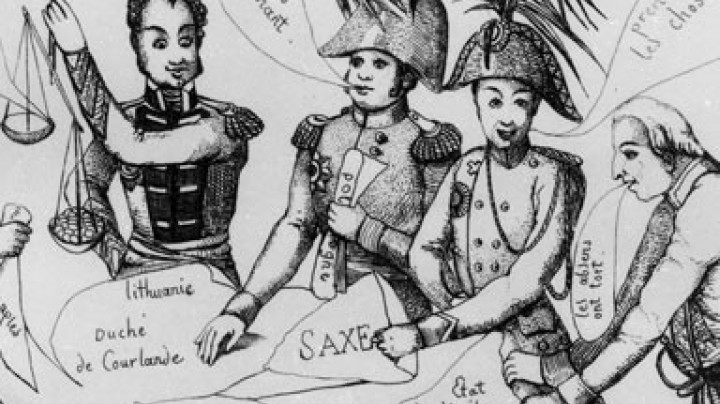If your company wants to use the imperial coat of arms. The Imperial-Royal Court Suppliers
Because they formed an élite in the Monarchy, they even had access to the Habsburgs’ private apartments – a fact of which they are still proud nowadays.
Request for enquiries to the policeThe attached application for the conferment of a title by the Imperial-Royal Court has been submitted by [name of applicant]. The Office of the Court Chamberlain has the honour of requesting the esteemed [name of authority consulted] to instigate enquiries as to the personal and business circumstances of the applicant and to be so kind as to communicate the result to the said office.
Amtsnote an die Handels- und GewerbekammerThe Office of the Court Chamberlain has the honour of conveying to the esteemed ... the application of [name of applicant] for the conferment of the Imperial-Royal Court title in the form of an enclosure with the request that we be informed of their highly regarded opinion especially concerning whether the volume and significance of the business in question is sufficient to justify the conferment of this title.
DecreePursuant to the acceptance of your application the decree conferring upon you the title of Supplier to the Imperial-Royal Court will be issued as soon as the receipt for the payment of the prescribed fee is submitted to this office. The fee is to be paid to the Imperial-Royal Administration of the Austrian Museum for Art and Industry in Vienna within the defined period of three months. The enclosures submitted with your application will then be returned forthwith.
DecreeThe Head Court Chamberlain confers on you the title of Supplier to the Imperial-Royal Court, by virtue of which your firm is entitled to make use of the All Highest Coat of Arms, although this may not be included in your seal. You may retain this Court title for as long as your business is a going concern and under your personal management.
The title of Court supplier (Hoflieferant) first appears in the year 1782. The award of the title was seen as a distinction granted by the Court, as such suppliers, most of whom were tradesmen and commoners, had to fulfil the high standards expected by the Court. Since it was not necessary for the Court actually to order goods from them, the Court suppliers did not have any special rights.
Those tradesmen who wanted to use the title of Supplier to the Imperial-Royal Court (k.k. Hoflieferant) had to submit an application to the Court Chamberlain (Obersthofmeister). It was advantageous if they did business abroad and took part in trade fairs and exhibitions.
The Court Chamberlain made enquiries to the police and to the chamber of trade and commerce in order to ascertain that the applicants really were worthy of bearing the title. When the testimony was finally received the applicant was requested to pay a fee.
Once the fee had been paid the applicant could call himself a Supplier to the Imperial-Royal Court.
A still higher distinction was possible, namely the title of Supplier to the Imperial-Royal Chamber. The holders of this title were responsible for meeting the requirements of members of the imperial family. This distinction was of use to both sides: such an award bound suppliers to the Court, while for them it was above all an advertisement for the quality of their business. This advertising effect should not be underestimated; in the second half of the nineteenth century there was a sharp rise in applications for the title.
The title was not hereditary and thus a new application was always necessary. Despite all the restrictions the number of titleholders increased to such an extent that by the end of the Monarchy there were more than 500 businesses with these titles in Vienna alone, and over 1,000 worldwide. Court suppliers could even be found in the USA and Japan. The range of businesses went from confectioners, piano manufacturers, booksellers and electricians through jewellers, opticians and men’s outfitters to owners of joint-stock companies.














